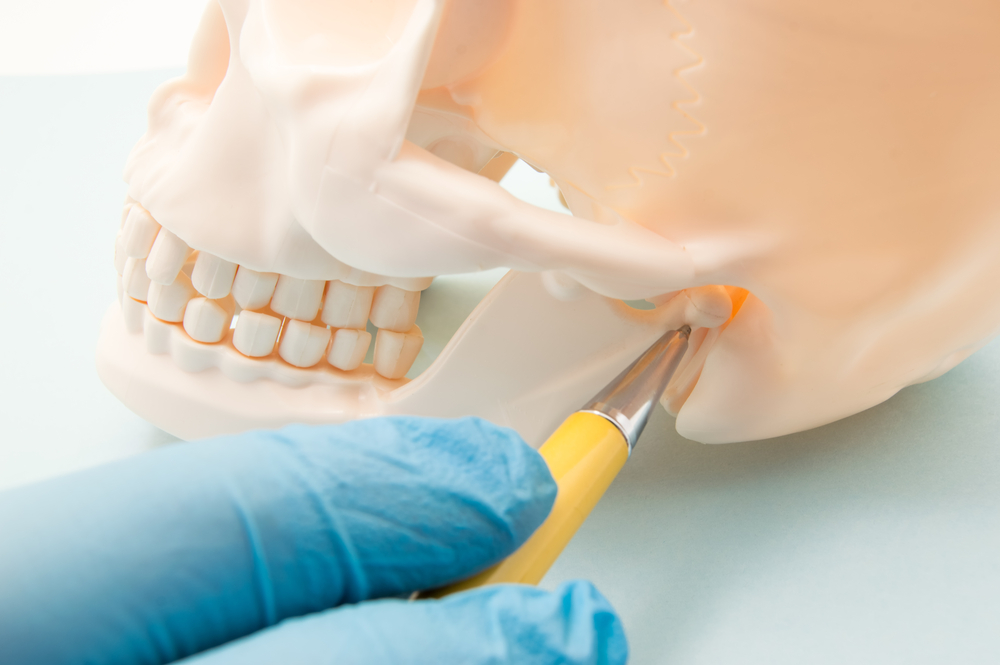Do You Deal With Jaw Pain?
TMJ disorders (TMD), also known as temporomandibular joint disorders, are a group of conditions that affect the jaw joint and surrounding muscles. Jaw locking is a symptom that may indicate serious issues with the TMJ. These disorders can cause pain and discomfort in the jaw, face, head, and neck. They also limit jaw movement and affect the ability to chew, talk, and swallow.
If you deal with severe jaw pain, you may be suffering from TMD. Contact our Bellevue, WA dentists today to schedule an appointment by calling (425) 646-6409.
What Is the TMJ?
TMJ stands for temporomandibular joint (TMJ). The joint connects your jawbone (mandible) to your skull, specifically to the temporal bone in the skull. This joint allows you to open and close your mouth, move your jaw from side to side, and chew food. The TMJ is one of the most frequently used joints in the body.
The TMJ is a complex joint with hinge and sliding motions. It’s surrounded by muscles, ligaments, and tendons that help control its movement. Problems with the TMJ can lead to a condition known as temporomandibular joint disorder (TMD) or temporomandibular disorder (TMD), which can cause chronic pain, discomfort, and difficulty with jaw movement.




